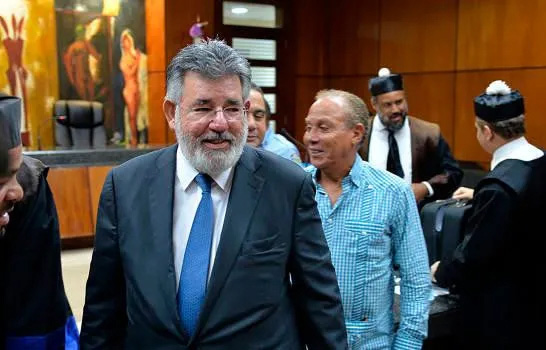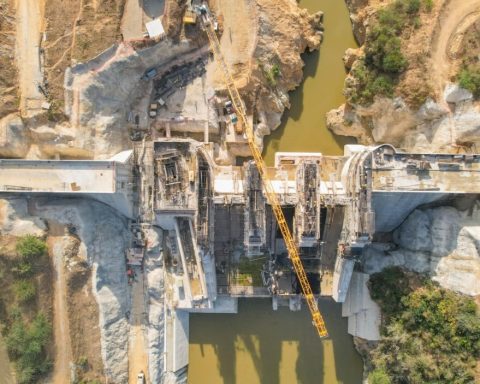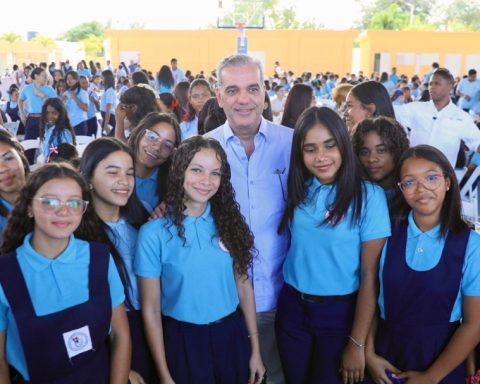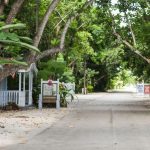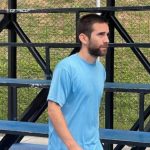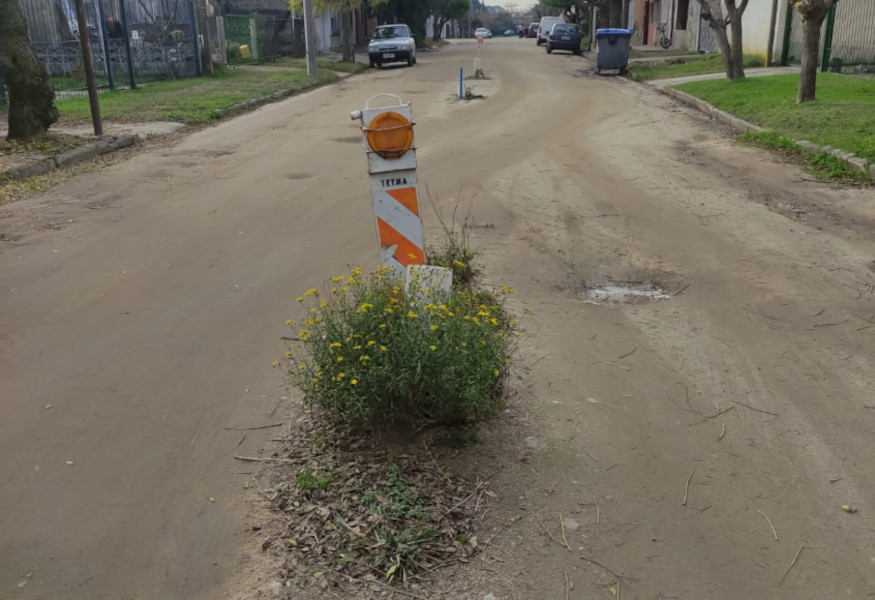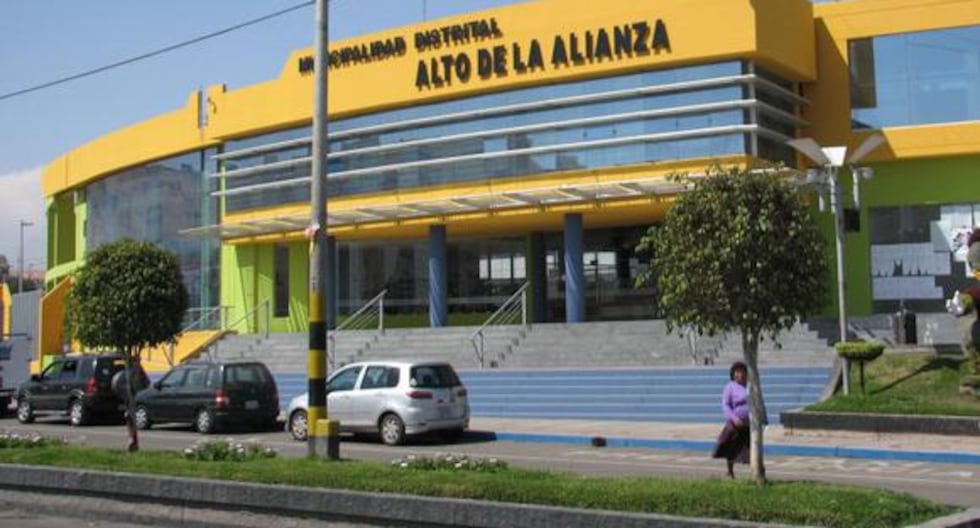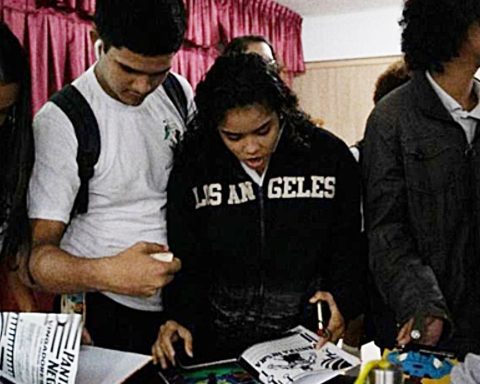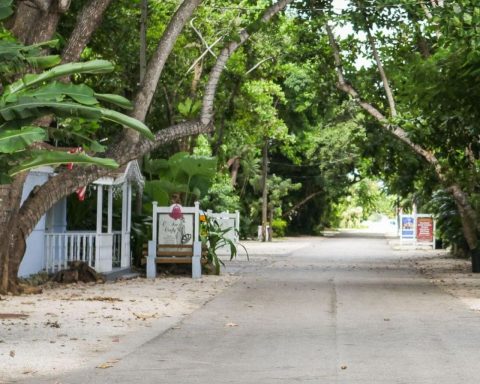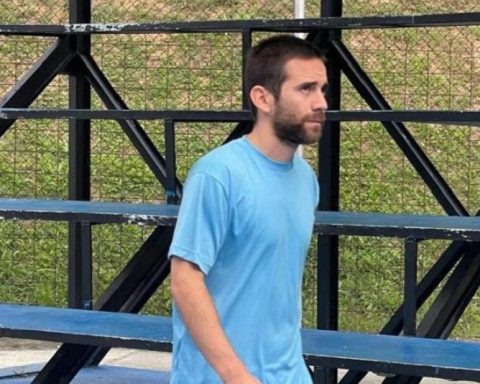The Second Chamber of the Supreme Court of Justice determined that bribery could not be proven as a crime in the Odebrecht corruption case and in this sense acquitted Víctor Díaz Rúa and Ángel Rondón of the accusation.
With this decision to acquit Víctor Díaz Rúa and Ángel Rondón, the Odebrecht case is now without any convicted persons in the Dominican Republic.
The lack of concrete evidence, the absence of a previous crime and the interpretation of the law were the three legal reasons that led the Supreme Court of Justice (SCJ) to declare Víctor Díaz Rúa and Ángel Rondón free of criminal responsibility.
This decision comes after the lawyers of the former Minister of Public Works, Víctor Díaz Rúa and the businessman Ángel Rondón, filed an appeal against the sentence of the First Collegiate Court of the National District, which confirmed the sentence of ten years and five years, respectively, for the Odebrecht case, a Brazilian company that admitted to paying US$92 million to Dominican officials, as bribes, to obtain state works.
The Second Chamber of the Supreme Court, composed of judges Francisco Antonio Jerez Mena, Frank Euclides Soto Sánchez, Nancy Idelsa Salcedo Fernández, and Maria Garabito Ramírez, established that there was no clear and conclusive evidence to demonstrate that the accused had committed the crimes of which they were accused and ordered the return of their assets.
The court, in its ruling SCJ-SS-24-0969, noted that it was not possible to identify the specific officials who allegedly received bribes, which is crucial to prove the crime of bribery. It details that without a precise identification of the recipients of the bribes, the accusation lacked a fundamental element to support the convictions.
In the case of Conrado Enrique Pittaluga, the Supreme Court determined that the money transfers he received were for legitimate consulting services and not to facilitate bribes.
The lack of direct evidence linking these payments to acts of corruption weakened the case against him, resulting in his acquittal.
In the case of Víctor José Díaz Rúa, the Court stressed that in order to convict a person of money laundering it is necessary to prove that the funds in question came from a prior crime. However, the Court found that there was insufficient evidence that Díaz Rúa had committed a prior crime to justify the charge of money laundering.
Furthermore, the trial court had declared the crime of illicit enrichment to be statute-barred, meaning that it could not be legally prosecuted due to the time elapsed. Without a valid preceding crime, the money laundering charge could not be sustained, leading to his acquittal.
The Second Chamber of the Supreme Court of Justice also noted that, in Dominican legislation, the crime of illicit enrichment is not clearly configured as an autonomous crime.
This means that there is no precise legal definition of what constitutes “unjustified patrimonial enrichment,” which made it difficult to apply this charge in the particular case.
The Supreme Court stressed that lower courts’ misinterpretation of evidence contributed to previous court decisions, requiring their review and correction.
SCJ ratifies acquittal of Conrado Pittaluga
This court had also been seized of an appeal filed by the Public Prosecutor’s Office against the verdict that acquitted lawyer Conrado Pittaluga. The prosecution body requested that the lawyer be sentenced to seven years for illicit enrichment, however, the judges indicated that the prosecutors did not present any evidence capable of demonstrating that the process would follow a different fate and ratified the acquittal.
